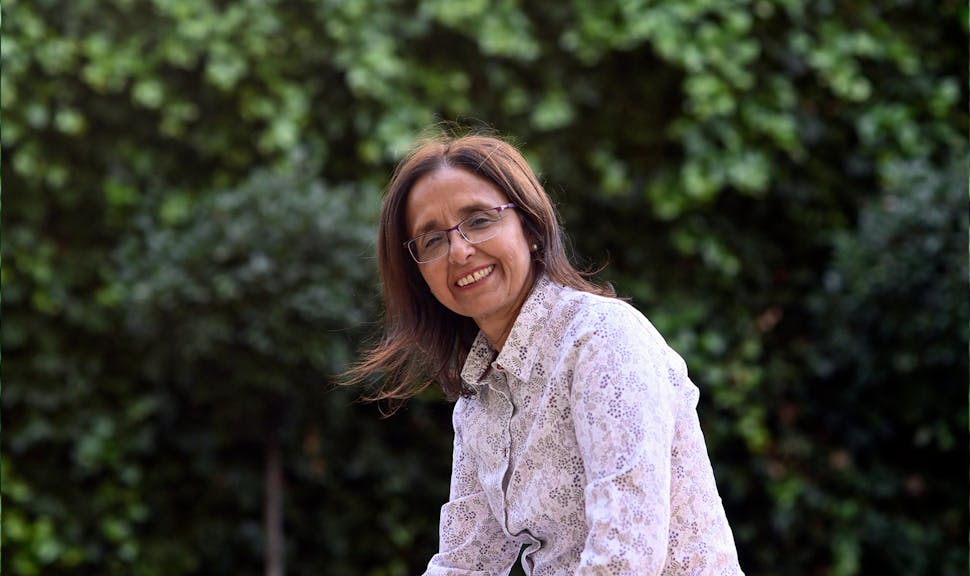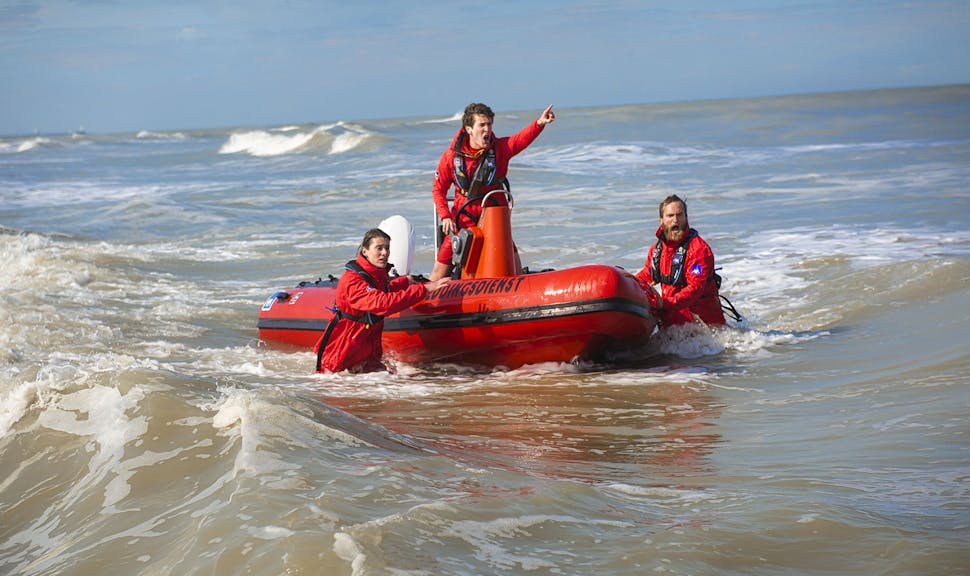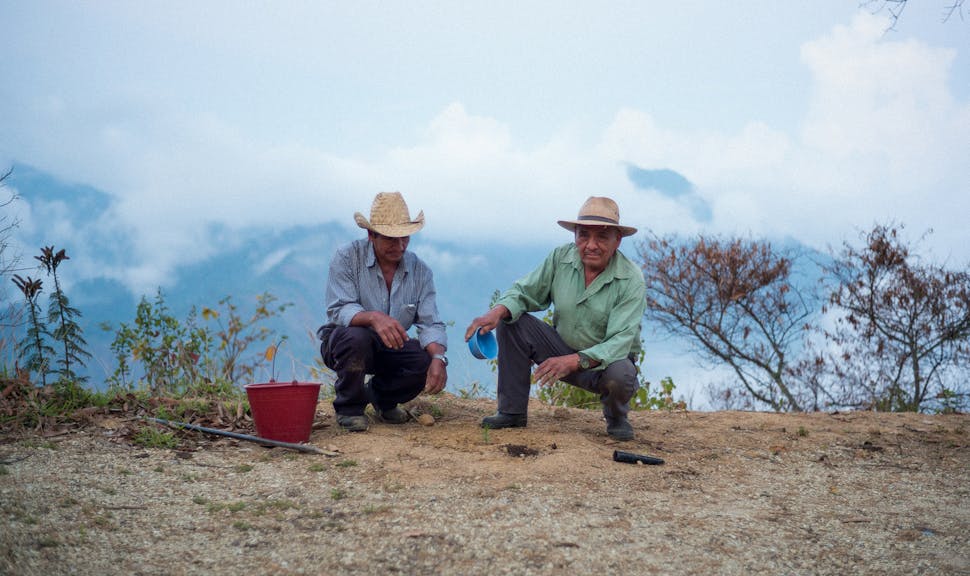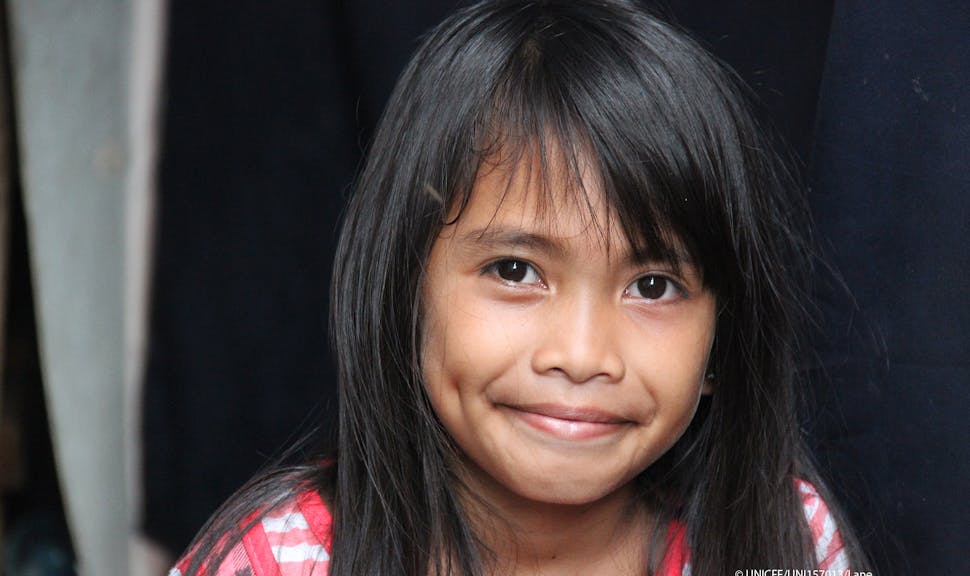

Emilie BetheryAXA Protection Juridique
March 8, 2019
Combatting violence against women: a legal issue
In 2018, a woman was killed every three days in France. This figure is unacceptable, and made worse by structural problems like a lack of legal and financial support for female victims of violence. We met with AXA employees and representatives from NGOs who work together to defend and protect victims of violence, notably through the Elle’s Angels program.
6 minutes
Often isolated and lacking resources, female victims of violence often face tremendous obstacles to breaking the cycle: lack of information about who to contact, what to do or what support is available. Several organizations are taking action to address this situation.
Violence against women: who are the victims?
For the past 15 years, Françoise Brié, President of FNSF (National Federation of Women’s Solidarity), has worked on the ground to support female victims of violence. Previously, she managed the organization L’Escale. I’ve always taken an interest in women’s rights, especially during research assignments abroad. I was moved by what I saw. Upon returning to France, I decided to take action by committing myself 100% to working with female victims of violence.
For Françoise, there is no standard victim profile faced with this violence. It can affect all women, regardless of their social or professional background, their age or where they live
. However, violence generally occurs in the domestic sphere: husband, partner, ex-partner, close friend, etc. Contrary to popular belief, only 3% of assaults are perpetrated by strangers. And 93% of all cases of violence against women processed by 3919, the Violences Femmes Info hotline in France, are domestic violence cases. Domestic violence is the leading cause of violence against women, frequently leading to a tragic end—and often premeditated! In addition, perpetrators of domestic violence often have a strategy: isolation, disparagement, ensuring their impunity... Finally, children often witness these acts of violence, because according to 3919, 4 out of 5 victims of domestic violence have at least one child.
Major legislative advances
Public authorities now recognize that this violence is a massive phenomenon
, states Françoise Brié. Identifying this situation has helped to improve prevention and move legislation forward. Spousal rape was finally recognized by French law in 2006. In 2010, then in 2014, French legislators turned their attention to children who are co-victims of domestic violence, either because they are exposed to it as witness, or because they are also abused. French law primarily focuses on the consequences of serious violence on children’s health and behavior, as well as the way parental authority is expressed and where children live. According to law, domestic violence should be considered in every legal decision concerning children. But there are disparities in how the law is applied. Visitation rights for abusers should take place in public places with professional chaperones in order to ensure the safety of children and their mother.
Another notable advance took place in 2018: when children witness domestic violence, it now constitutes another aggravating factor
, tells Françoise Brié.
Elle’s Angels: the AXA program dedicated to female victims of violence
Among the biggest problems faced by female victims of violence are housing and legal support. In order to respond to this issue, the AXA Legal Protection entity, composed of legal experts, created the Elle’s Angels program in 2014, with the support of AXA France and under the guidance of AXA Atout Coeur. The program includes legal skills sponsorship and financial support to aid female victims of violence with their legal procedures.
Three major partnerships were signed with major organizations involved in representing and protecting female victims of violence: the National Federation of Women’s Solidarity (FNSF), which brings together 67 organizations working all across France. The FNSF created the 3919 hotline, which manages 50,000 calls per year, and the Solidarité Femmes network, which handles nearly 35,000 women every ear. Elle’s Angels is also a partner of Fondation des Femmes foundation and the Maison des Femmes, an organization located in Seine-Saint-Denis, in East Paris. Elle’s Angels can rely on the skills and expertise of organizations that work closely with female victims of violence every day.
In terms of operation, Elle’s Angels is composed of a team of 10 volunteer legal experts available Monday through Friday to answer legal questions from women: information about their rights, their constraints and support with legal procedures.
Elle’s Angels is also a Support Fund that helps women pay their legal fees when they lack resources (lawyer fees, translation costs, etc.). The Support Fund, managed by AXA Atout Coeur, also provides funding in cases of femicide, when a partner organization like FNSF files a civil case in court.
How to support victims?
One of the FNSF’s biggest successes came in the late 1990s with the launch of the hotline for domestic violence victims, which became 3919 - Violences Femmes Info
, recalls Françoise Brié. This unique number, available 7 days a week, is available in France (mainland and overseas) to female victims of any type of violence.
It provides listening, advice and information, and also connects callers with a network of specialized organizations that can ensure personalized support through housing or reception by multiskilled teams at reception centers.
Many women call 3919 to get information about legal procedures. They are then directed to organizations in the Solidarité Femmes network, who help them leave abusive situations, on a psychological, legal and social level, often over a period of several months. These organizations send cases requiring financial support to the FNSF head office, so that these women can pursue their legal procedures in civil or criminal courts. To this end, a legal analyst from Solidarité Femmes analyzes and coordinates all requests and then forwards them to the Elle’s Angels team.
A safety mechanism
is in place to secure the information exchanged between Elle’s Angels and FNSF.
Elle’s Angels operates both a phone line and e-mail address, so the victim can choose the best communication method for her situation. Measures are also taken to ensure the security of responses. The respondent only indicates the name of the program without providing any further details. That way, if a partner calls the number, they will not know who they have reached
, states Emilie Bethery, co-head of the Elle’s Angels program. In addition, legal experts never leave messages on a victim’s answering machine or voicemail.
During the procedure, Elle’s Angels never meets publicly with the women unless they request a meeting. We want to help these women while ensuring their absolute safety. That’s why we keep our discussions to a minimum, so as to avoid raising their partner’s suspicions. It can be very hard to get in touch with the women, so we have to find a plan B! For example, in one case we spoke with a woman during her daughter’s therapy session, which was the only time we could speak with the woman without her partner present
, tells Emilie Bethery.
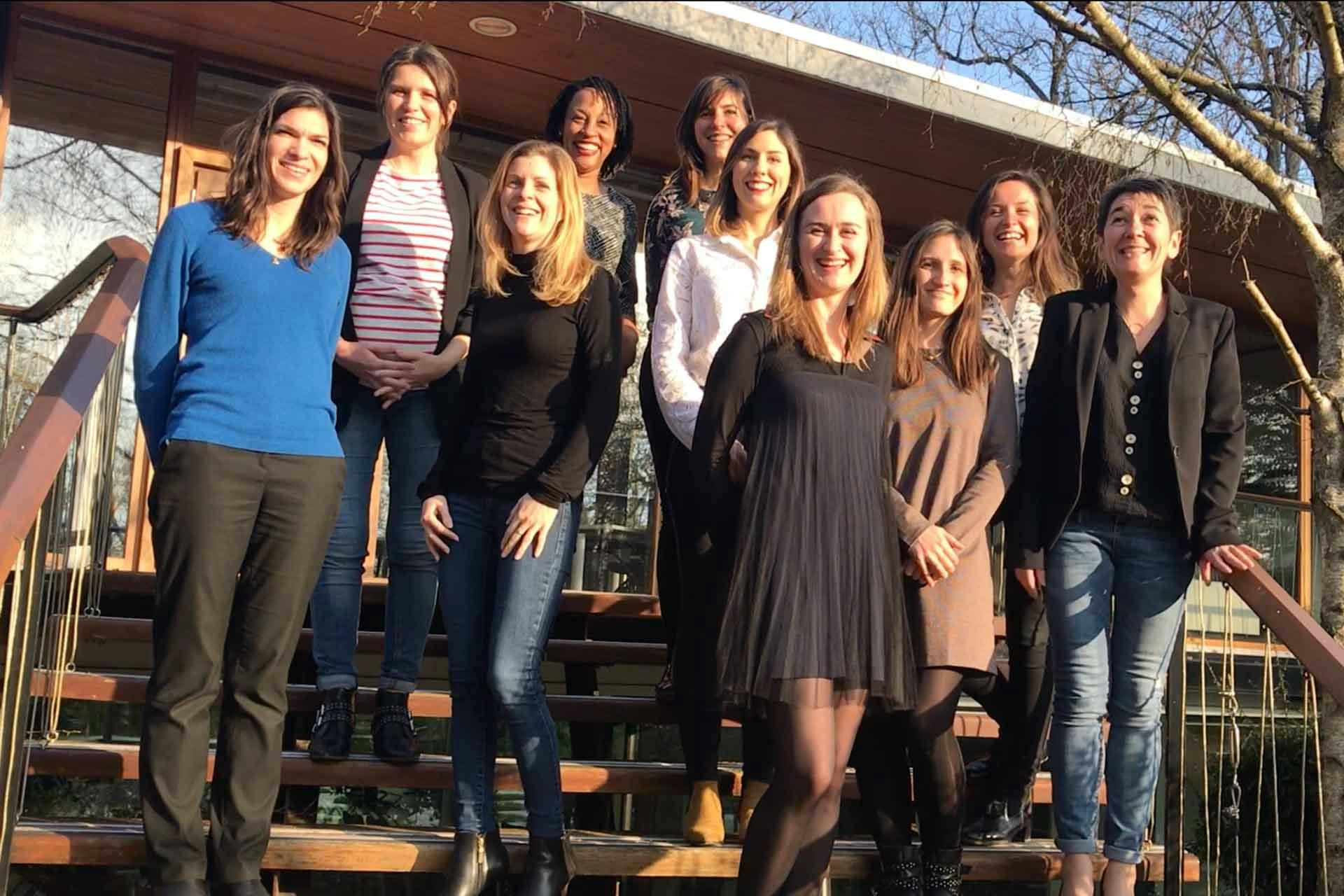
Elle's Angels' lawyers squad. From left to right : Aurélie Durieux, Lucie Beaudouin, Rozenn Rafray, Hélène Desplan, Aurore Fontaine, Mathilde Montès, Olivia Truquet, Marie Berthelot, Cécile Delmeire, Christèle Clément.
Legal aid is crucial
Depending on the seriousness of the situation, the professionals of the Solidarité Femmes network (social workers, psychologists, legal experts, etc.) guide the women and carry out targeted actions, such as:
- Getting victims to safety in special housing centers whose locations remain confidential;
- Helping women file charges, if they choose to do so, keeping them informed on all progress and providing support with all procedures;
- Assisting women to regain independence, whether psychological or economic, and to leave an abusive partner.
Within Elle’s Angels, this support is provided by 10 volunteer legal experts who are available from Monday through Friday. They provide legal information, explain what resources are available and what measures can be taken. All the victim’s information is kept entirely secure.
Elle’s Angels also provides financial support to cover legal procedures, including lawyer fees and any translation costs, for victims who do not have financial independence.
Financial support is also provided in the case of femicide when the FNSF files a civil files a civil case in court. This is crucial because in most cases, families cannot seek justice without this support
, explains Christèle Clément, volunteer coordinator for Elle’s Angels.
And in the future?
FNSF enables women to escape the cycle of violence, provides housing support and helps regain independence. But after living through such a traumatic experience, it takes time to leave the violence in the past and return to a normal
life. Victims of this type of violence often feel ashamed of their situation and of what other people think. We need to restore their confidence, praise their courage and change mindsets in our society
, affirms Françoise Brié.
Another area for improvement concerns raising public awareness about the seriousness of this situation. Communication campaigns and scandals help to reveal truths that once remained suppressed. After the #MeToo movement, we observed an increase in the number of calls and women seeking help at our centers
, notes Françoise Brié.
In 2019, the program leaders will work hard to carry out even more skills sponsorship and team activities with the Elle’s Angels partner organizations. Since improving women’s rights requires a broad range of skills, it concerns everyone.
